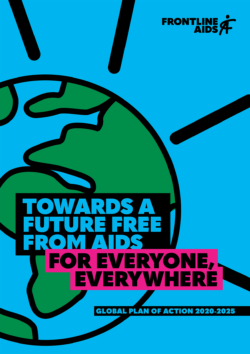Action 1: Prevention
Improve access to comprehensive HIV prevention services, including comprehensive sexuality education and harm reduction
40 years into the epidemic, approximately 1.7 million people still acquired HIV in 2018 meaning, at best, a life on treatment. We will:
- Develop a joint advocacy strategy across the Partnership to ensure greater focus on prevention for the most marginalised, including funding during transitions.
- Advocate for access to quality comprehensive sexuality education for young people in national contexts.
Discover more about the reality of HIV prevention in our Shadow Reports
This action links to SDG:
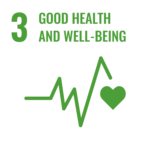
Action 2: Coinfections
Secure integrated testing, treatment and care for HIV-TB/HIV-hepatitis C
In 2018, 1.7 million people were newly infected with HIV and 770,000 died of AIDS-related illnesses, with TB the leading cause of death among people living with HIV. We will:
- Generate evidence of effective and integrated community and health systems who deliver on HIV/TB and HIV/Hep C.
- Engage in regional and global TB spaces to advocate for funding for integrated community and health system services.
Read more about the problem with patents
This action links to SDG:

Action 3: Preventing violence
Prevent and respond to violence
Gender-based violence makes it hard for women to access the HIV and SRHR services they need. This contributes to the fact that AIDS-related illness remains the leading cause of death for women of reproductive age. We will:
- Focus on capacity building of community organisations in safety and security, to violence experienced by the most marginalised.
- Identify evidence on the cost effectiveness of gender-based violence prevention and response programmes in addressing HIV.
Read more about our work on gender equality
This action links to SDG:
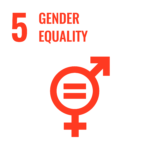
Action 4: Human rights
Document and respond to human rights violations
The risk of contracting HIV is heightened by criminalisation, marginalisation and poverty. We will:
- Generate evidence of human rights violations experienced by the most marginalised people.
- Advocate against discriminatory laws, policies and practices working both nationally and regionally.
Find out more about our work on human rights, our REAct system, and the Rapid Response Fund
This action links to SDG:
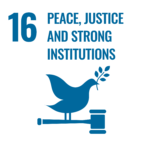
Action 5: Social norms
Challenge harmful and discriminatory social and gender norms
HIV disproportionately affects young women and adolescent girls because of vulnerabilities created by unequal cultural, social and economic status. We will:
- Implement and expand our use of Looking In, Looking Out (LILO), a facilitated workshop that aims to achieve attitude change.
- Develop new partnerships with feminist, LGBT and people who use drugs movements / organisations to work together on challenging harmful gender and social norms.
Discover more about social and gender norms via Silent Stories
This action links to SDGs:



Action 6: Innovative programming
Innovate, evidence and promote tailored, sustainable and inclusive prevention, treatment and care programmes
More than half (54%) of new HIV infections in 2018 were among marginalised populations and their sexual partners. Reaching marginalised people living with, or at risk of acquiring, HIV is vital. We will:
- Document the comprehensive package which is needed to complement existing biomedical approaches to HIV prevention.
- Map locations of effective innovations and identify opportunities to advocate for the scale up of peer-led/community-based interventions by governments.
Read about our innovative harm reduction programming in Heroin addiction, sex work and the struggle for healthcare
This action links to SDGs:

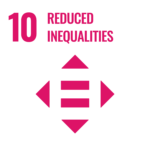
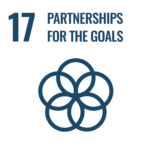
Action 7: Economic opportunities
Create tailored economic and educational opportunities for people living with HIV
HIV affects people’s ability to learn or earn in many different ways. The opportunity for education and skills building increases people’s resilience to withstand both economic and social pressures. We will:
- Develop partnerships to address economic empowerment for people living with HIV.
- Develop partnerships to address education opportunities for people living with HIV.
Discover more about our work to increase economic opportunities via our READY programme
This action links to SDGs:
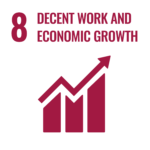

Action 8: Mental health
Invest in and advocate for mental health services for people living with HIV
People living with HIV are at higher risk of developing mental health conditions, stemming from receiving their diagnosis and continuing as they live with a lifelong condition. We will:
- Evidence the links between mental health, testing and adherence to treatment to understand the key issues and gaps in services.
- Develop new partnerships on mental health and wellbeing.
Read more about the impact of mental health in Sophia’s story
This action links to SDG:

Action 9: Community systems
Strengthen community and national health systems and structures
With full financing by national governments following transition from donor support urgently needed, it is vital that HIV services are sustainable and included in Universal Health Coverage. We will:
- Train health providers to reduce stigma and discrimination within health services and provide friendly services for the most marginalised.
- Hold governments at all levels to account for the delivery of quality services for the most marginalised.
Read more about our work to provide technical assistance and how we are working hard to integrate the HIV response into Universal Health Coverage
This action links to SDGs:


Action 10: Developing leaders
Develop a new generation of leaders and activists
When young people become effective leaders in the community, in turn, they become mentors and role models to other young people. We will:
- Facilitate the development of new, emerging and accountable leaders, with a focus on young people, in particular young women, and people representing marginalised groups.
- Ensure Frontline AIDS remains the world’s largest civil society partnership of people and organisations working collectively to end AIDS.
Read more about our READY to Lead programme
This action links to SDG:

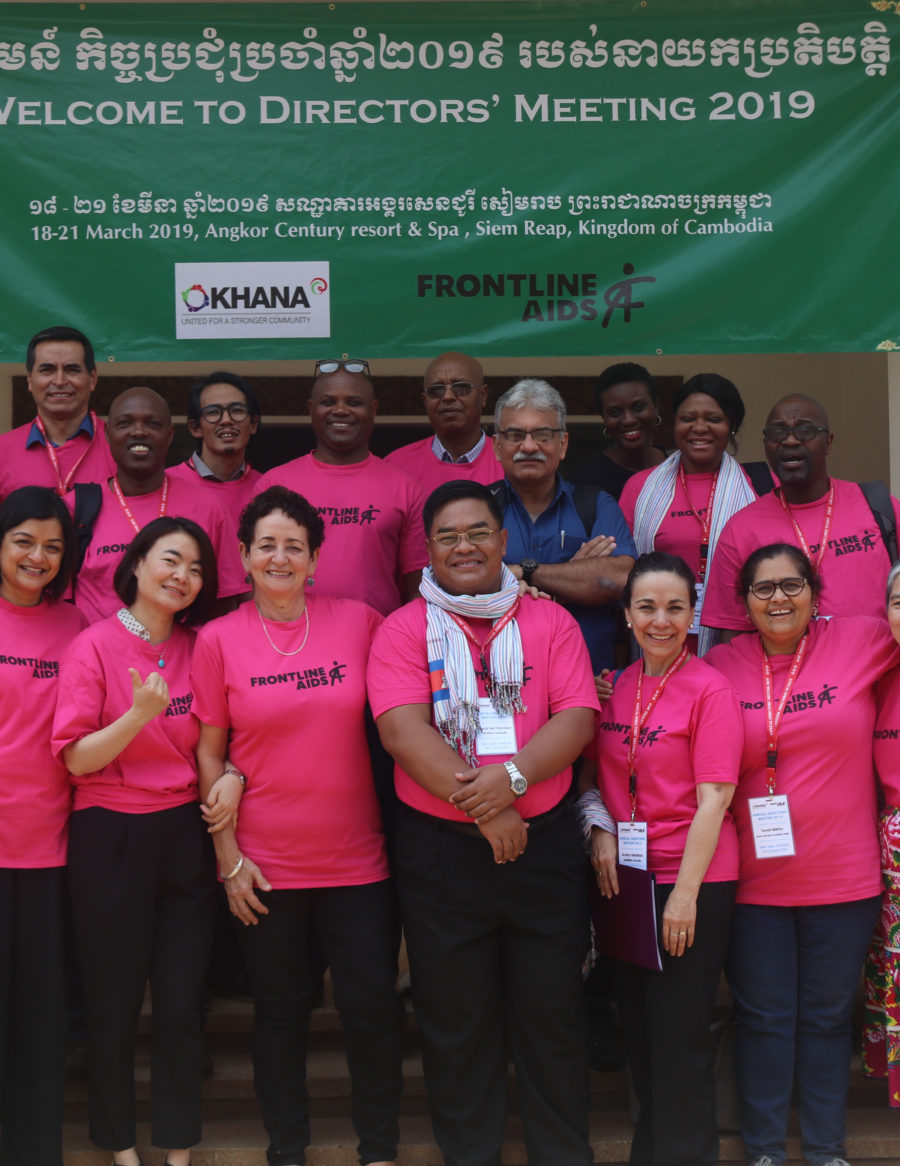

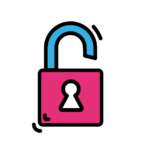 Our advocacy with communities will challenge social and gender norms and influence governments and other institutions to develop and implement laws, plans and policies to ensure full access to services.
Our advocacy with communities will challenge social and gender norms and influence governments and other institutions to develop and implement laws, plans and policies to ensure full access to services.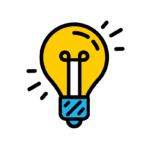 We will tailor our innovative solutions to respond to the needs of the most marginalised people.
We will tailor our innovative solutions to respond to the needs of the most marginalised people.![]() Our technical assistance for civil society and governments will enhance the delivery, governance and monitoring of comprehensive national HIV responses.
Our technical assistance for civil society and governments will enhance the delivery, governance and monitoring of comprehensive national HIV responses.
